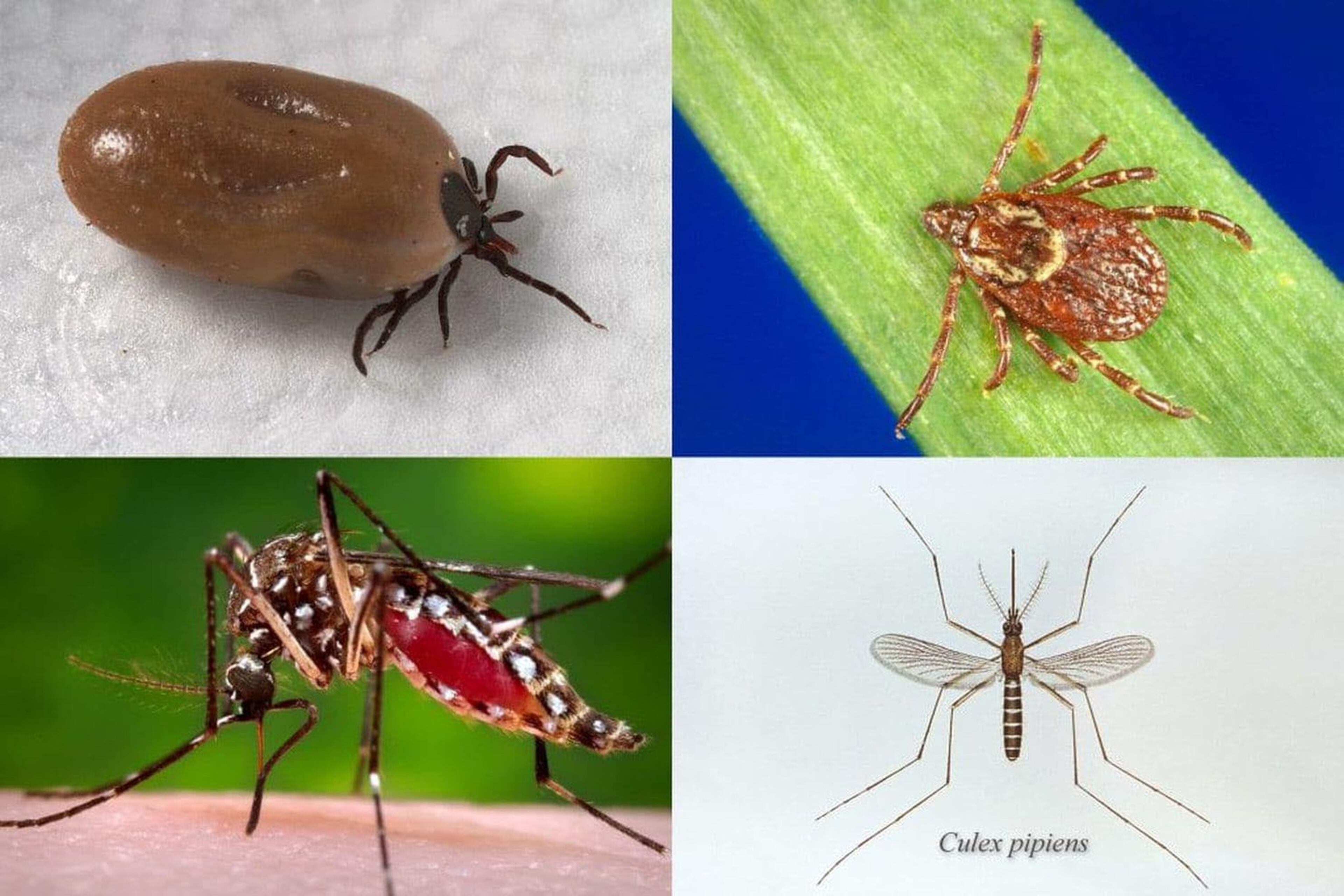DeKalb has its first human case of West Nile in 2018

A Dunwoody man has been infected with the West Nile virus, DeKalb County officials announced Friday. This is the county’s first confirmed human case of the year.
The 20-something is recovering at home, the county board of health said in a news release.
Scientists found a mosquito in DeKalb carrying the virus in July.

Gwinnett County had its first human case of the year a couple weeks ago.
Already this year, one person has died from West Nile in Georgia.
Health officials said they are going door to door in DeKalb to teach residents about how to avoid the virus.
The Centers for Disease Control and Prevention said that one in five of those infected develop a fever and other symptoms. About one in 150 develop a serious, possibly fatal, case.
From July | Number of mosquitoes in DeKalb carrying West Nile virus triples
Here are some tips:
• Reduce outdoor exposure at dawn and dusk, which is when the mosquitoes that transmit West Nile virus are most active; if you are outside at that time, then wear long-sleeved shirts, long pants and socks
• Use an insect repellent containing DEET, picaridin, oil of lemon eucalyptus or IR3535
• Spray clothing with products containing permethrin
• Reduce mosquito breeding by eliminating standing water in gutters and items such as planters, toys, wheelbarrows and old tires
• Discourage mosquitoes from hanging out by trimming tall grass, weeds and vines
• Make sure your windows and door screens are snug
Like DeKalb County News Now on Facebook | Follow on Twitter



